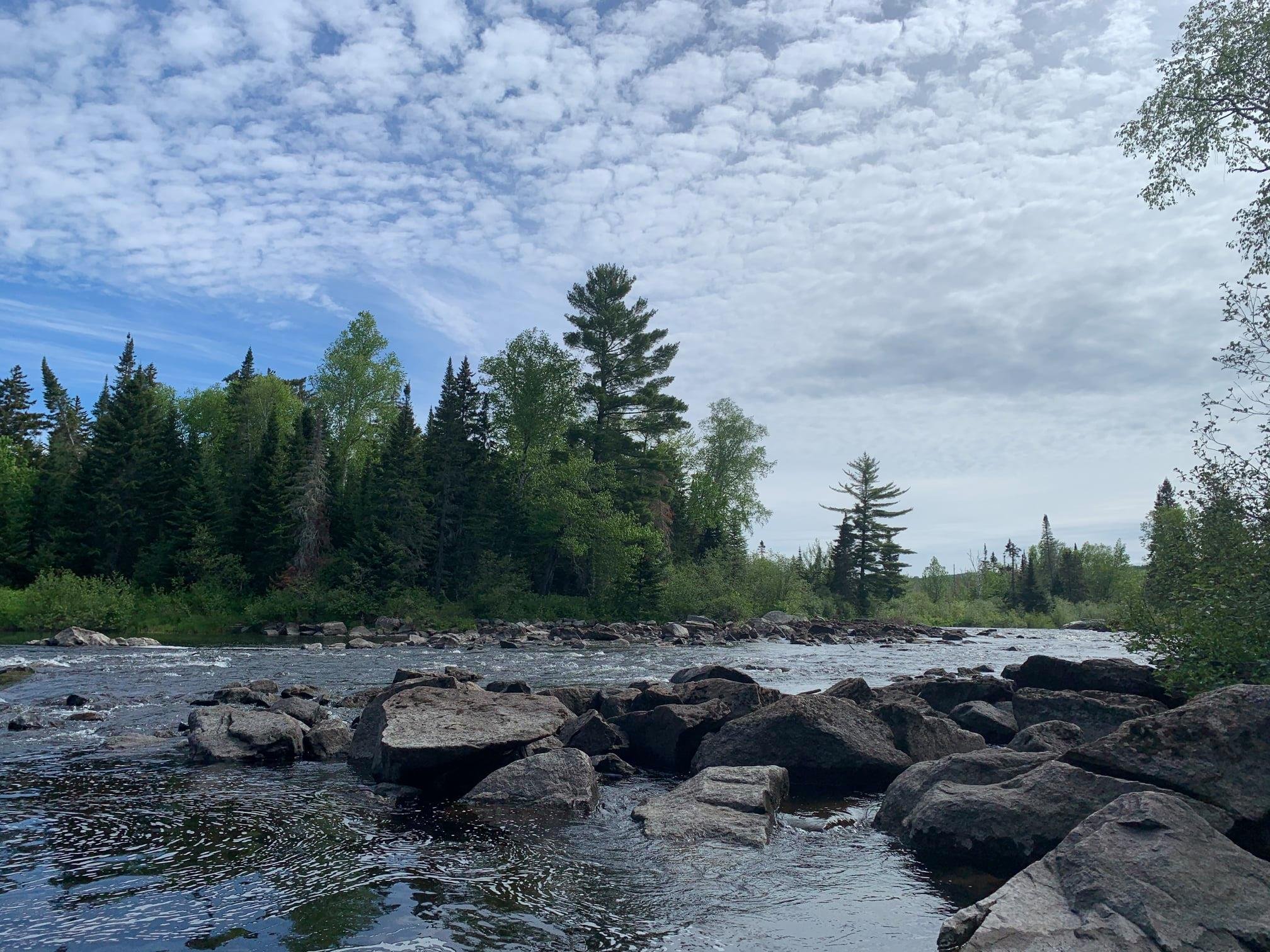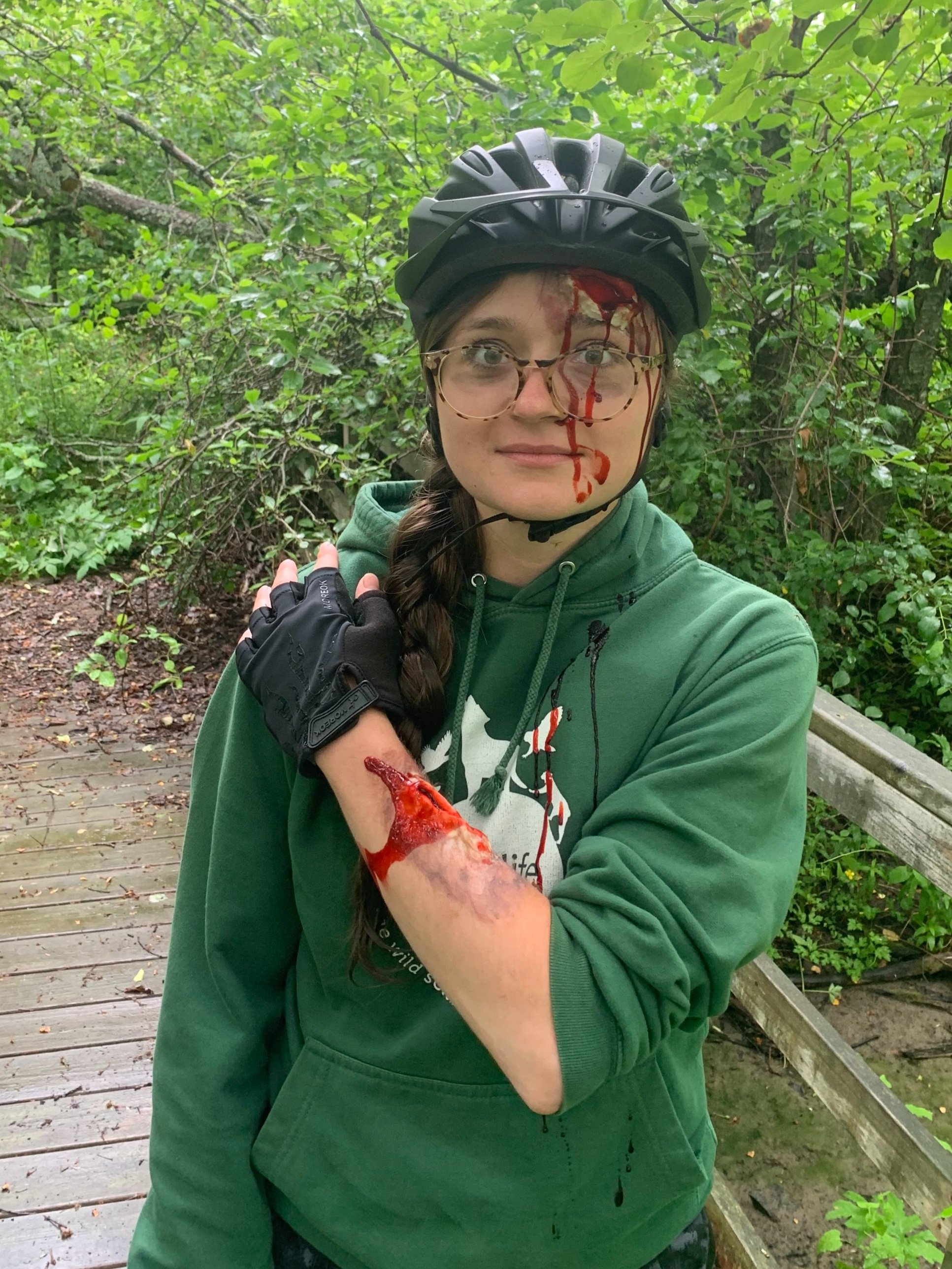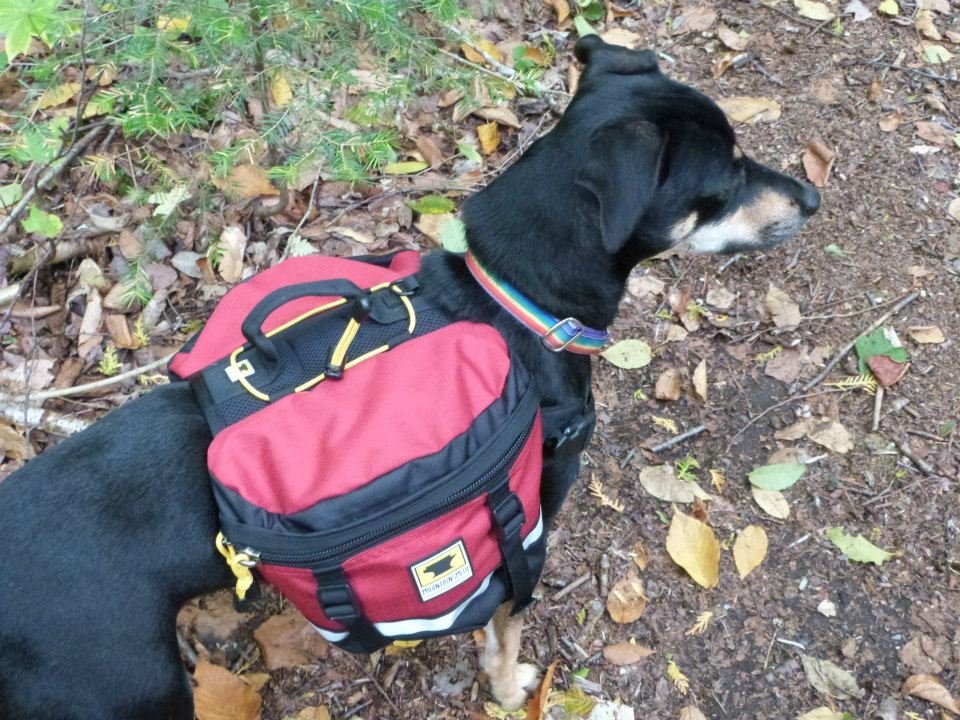
Wilderness Medicine and
Outdoor Certifications and Trainings
Descriptions for 2025
There are many certification courses and trainings listed below and more to come. Let us know what you are looking for in a course.
If you, friends, family, or organization would like to reserve a class contact us by email or submit your inquiry form (to the right) to discuss your options.
woodthrushwilderness@gmail.com
-

Wilderness First Responder - SOLO
72-80-hour course
The Wilderness First Responder Course provides an in depth look at the skills and standards of the following • Response and Assessment • Musculoskeletal Injuries • Environmental Emergencies • Survival Skills • Soft Tissue Injuries • Medical Emergencies.
This is an intensive first aid course designed for participants that are working in a position of leadership in an outdoor setting such as Maine guides, backcountry leaders, ski patrollers or raft guides.
If you are a current EMT you may receive continuing education credits. Once you receive your WFR certification you may take the steps to become certified as Wilderness EMT.
Course includes SOLO Wildcare Working in Less Than Desirable Conditions and Remote Environment textbook, 3-year WFR Certification, 2-year CPR certification. Note that to receive certification, participants must pass written and practical exams. -

Wilderness First Aid - SOLO
16 -hour course
Are you thinking about going on an outdoor trip this summer with family or friends? Are you planning on being a trip leader for a camp or guide service? Are you interested in knowing how to take care of someone if they were hurt in the backcountry? This is a perfect course for someone who would like to get a basic level of first aid training.The Wilderness First Aid is a 16-hour hands-on course. It will provide a comprehensive look at the standards and skills of dealing with: • response and assessment • musculoskeletal Injuries • environmental emergencies • survival skills • soft tissue injuries • medical emergencies. This course includes 16-hours in class sessions, out of class reading, and a final exam. It can include a 2-hour CPR course. Course includes SOLO Wilderness First Aid book, Wilderness First Aid Map, 2-year WFA Certification
-

Leave No Trace Trainer Course
2-day Wilderness Expedition
During the 2-day overnight camping trip, individuals will learn the Leave No Trace (LNT) Trainer principles & ethics and an understand various techniques on how to teach these principles. This workshop is great for anyone interested, but it is geared for educators, leaders, Maine Guides, and park employees. Becoming a LNT Trainer enables individuals to successfully conduct awareness workshops and scouting badge workshops. The following will be reviewed: History of Leave No Trace, Seven Principles & Ethics of LNT, Overview of the National LNT Program & other resources, the Role & Function of a LNT Trainer, Teaching Skills & Techniques to include Student Learning Styles, and How to run an Awareness Workshop. Participants will teach at least one activity/session. Once completing the course, participants will be considered a LNT Trainer at a National level with the Leave No Trace Center for Outdoor Ethics. The LNT Trainer workshop is an OVERNIGHT TRIP and will require participants to bring their own camping gear. Gear & supply list will be provided. Food & group gear will be provided. -

Dog and Cat First Aid Training
3.5-hour course
This training is to teach participants how to be prepared for emergencies that involve a cat or dog. The Cat and Dog First Aid training is approximately 3 hours and 30 minutes. The training will combine videos, lectures, interactive discussion, and hands-on practical. By the end of training participants will be able to do or understand the following: • What goes into a pet first aid kit • What is the normal physical condition, behaviors and habits of your pet • Identify a normal heart rate, breathing rate and temperature • How to safely approach an ill or injured cat or dog • How to capture and restrain a cat and muzzle a dog • Demonstrate how to perform bandaging for soft tissue injuries • Care for fractures including head and neck injuries • Learn how to care for an animal with heat/cold related emergencies • Check for breathing and cardiac emergencies • Understand how to give rescue breathing and perform CPR for a dog or cat -

Canoe Expedition and Risk Management
4-7 Day Wilderness Expedition
Have you ever been interested in going on a wilderness canoe expedition? Have you ever wanted to understand the risk involved with leading a wilderness expedition? In this course, we will take you on our favorite four-day canoe trip paddling on the Moose River Bow Loop. We will learn the basics of assembling an expedition from food, gear, equipment, understanding leave No Trace principles and of course basic canoe skills, strokes and risk management.
We will help you feel more confident in your skills so that you can take your friends, family or a group on a wilderness adventure.
We will cover the following topics and skills:-Leave No Trace Principles -Team building and goal setting -Trip logistics including, gear equipment, menu, food -Emergency Action Plan - First aid kits and basics - Incident and accident forms - Map and compass - Stove safety and use - Water purification - Food prep: cooking and baking - Sanitation and waste disposal - Camping and traveling in bear habitats - Shelter: tarps and tents use and maintenance - Staying found - Search guidelines for lost group members - Possibilities bag - Reading the weather - Group management on the trail - River and stream crossings - Wilderness swimming - Canoeing - Loading and unloading boats - Portaging - PFD use and care - Basic paddle strokes - Basic maneuvers - Basic rescue and throw bag use - Reading the current - Identifying river hazards - Foot entrapment avoidance - Paddle signals and whistle use